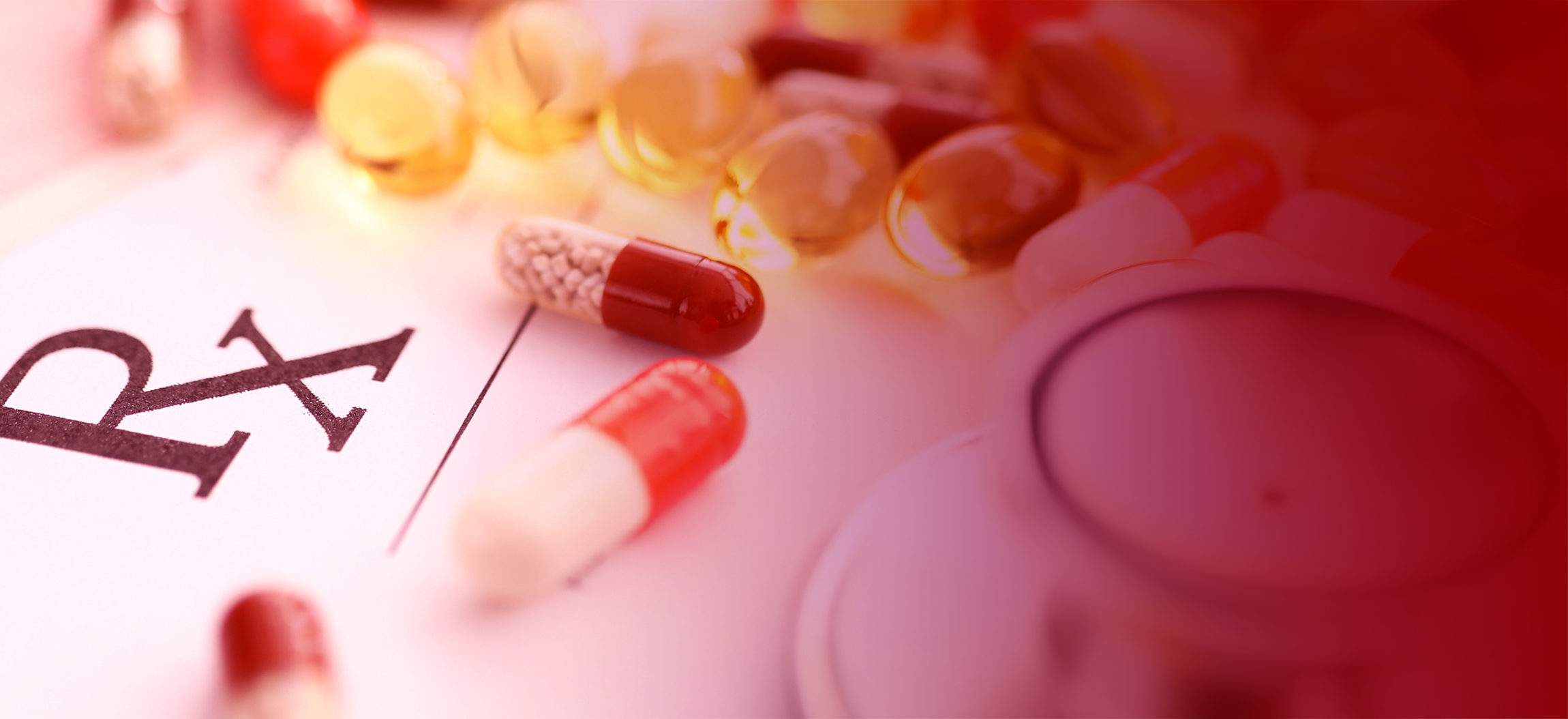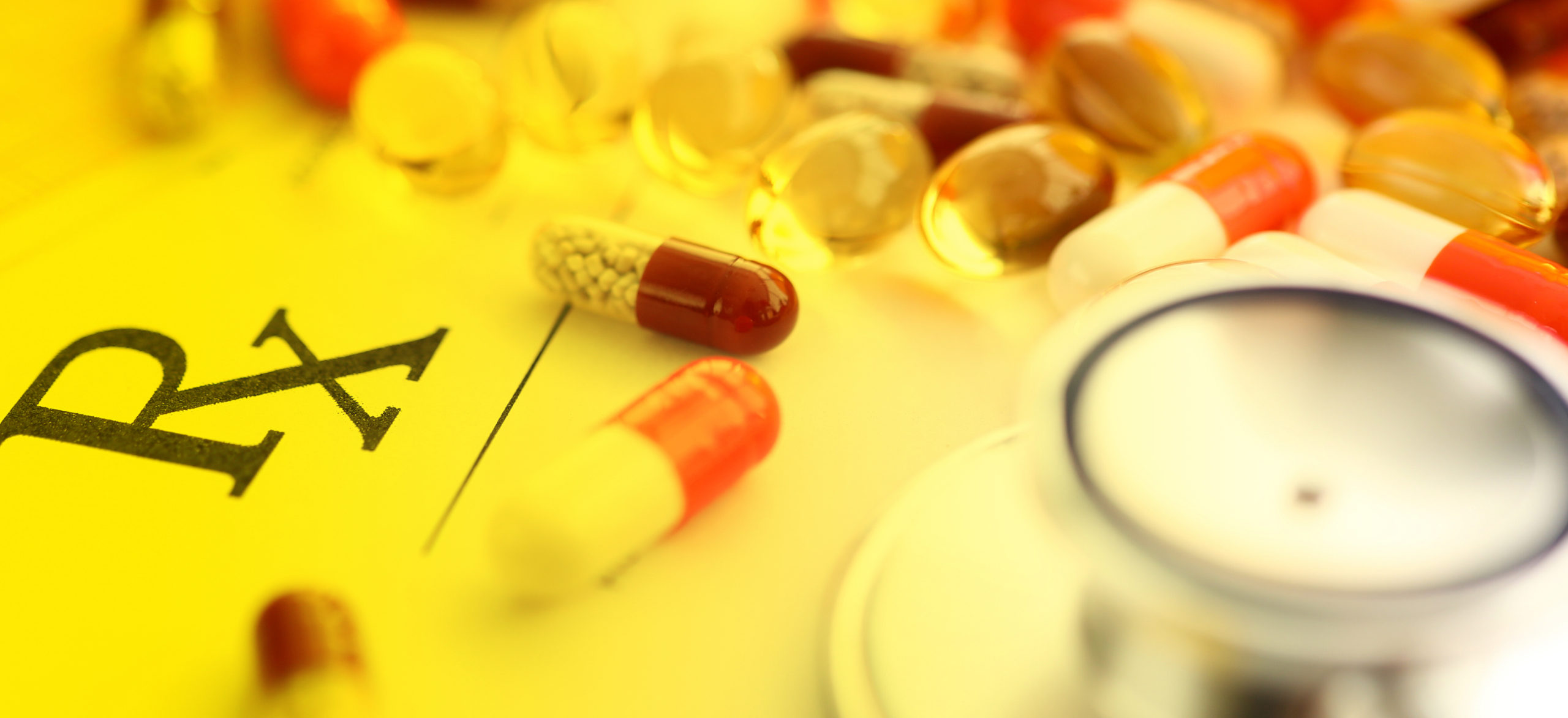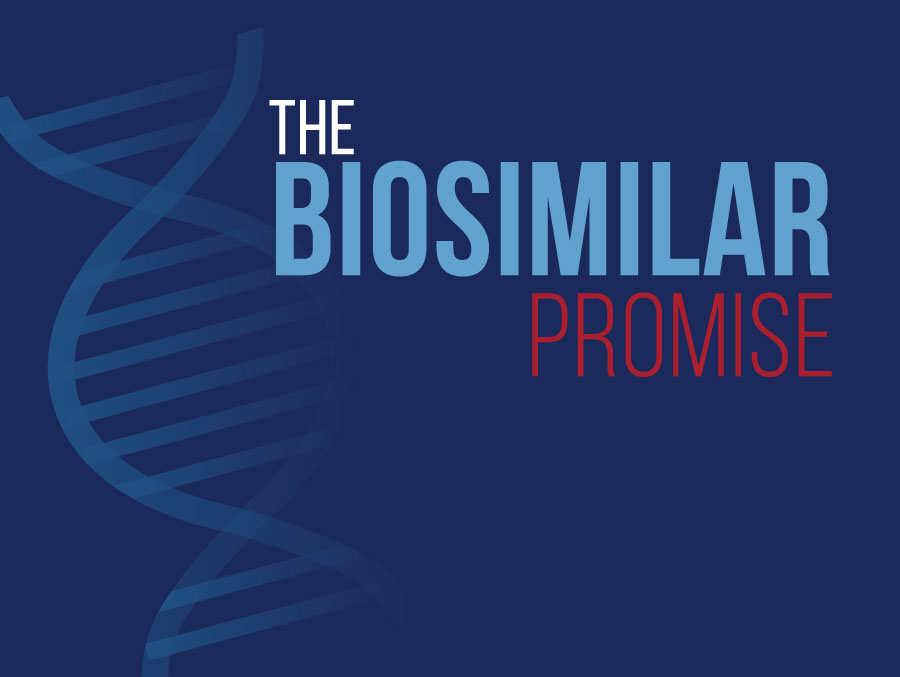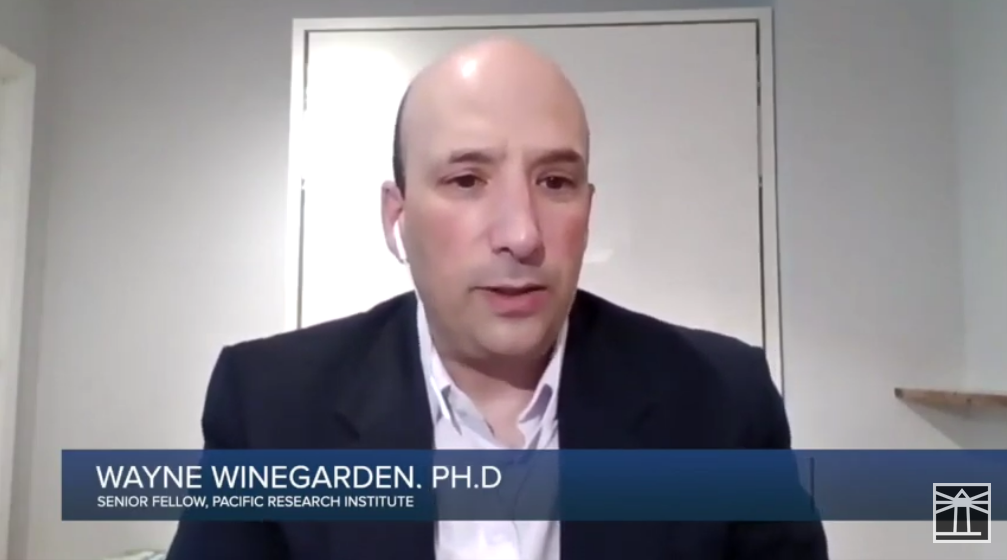The Private Sector Is Setting The PACE For Managed Care
Rising demand for long-term care is inevitable as more and more baby boomers retire. Meeting this demand will be a challenge. Recent evidence from the PACE program demonstrates that for-profit care providers can help meet this growing demand, but only if the regulatory environment allows it. Read the entire op-ed here....











